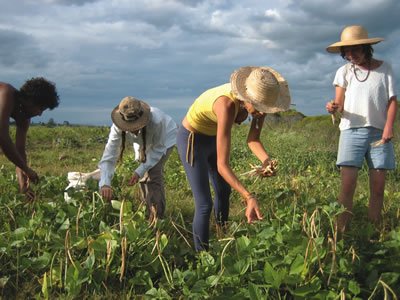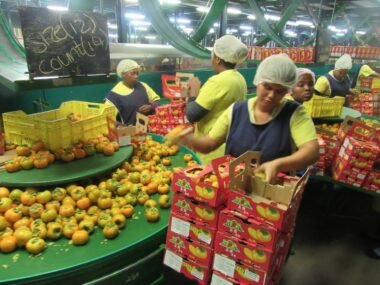Farming in the UK plays a critical role in the country’s economy, providing food, preserving the countryside, and contributing to rural development. The industry offers a wide range of job opportunities, from manual labor roles to specialized technical positions. Here’s an overview of farming jobs in the UK:
Types of Farming Jobs
- Crop Farming Jobs
- Arable Farming: Growing cereals, vegetables, and fruits. Workers may be involved in planting, harvesting, irrigation, and pest control.
- Horticulture: Focused on producing flowers, shrubs, and other plants for commercial purposes.
- Seasonal Work: Common during planting and harvest times, often employing temporary or migrant workers.
- Livestock Farming Jobs
- Dairy Farming: Involves milking cows, maintaining dairy equipment, and managing herd health.
- Meat Production: Jobs include caring for livestock like sheep, pigs, and cattle, feeding, breeding, and preparing them for market.
- Poultry Farming: Raising chickens and other birds for eggs and meat.
- Agri-Technology and Management
- Farm Managers: Oversee daily operations, ensure profitability, and manage compliance with environmental and safety regulations.
- Agricultural Technicians: Work with modern machinery, precision farming technologies, and data analytics to improve productivity.
- Specialized Roles
- Veterinary Support: Assisting with the health and welfare of farm animals.
- Agronomists: Advising on soil management and crop production.
- Forestry Workers: Managing woodlands for timber, biodiversity, and conservation.
Skills and Qualifications
- Basic Requirements: Most entry-level jobs require physical fitness, a willingness to work outdoors in all weather conditions, and basic knowledge of farming operations.
- Specialized Knowledge: Degrees in agriculture, animal science, or horticulture may be needed for advanced roles. Certificates in machinery operation, such as tractor driving, are often advantageous.
- Soft Skills: Time management, teamwork, and adaptability are crucial, as farming schedules can be unpredictable.
Challenges and Opportunities
- Sustainability: The industry increasingly focuses on sustainable practices, creating opportunities in organic farming and renewable energy projects.
- Technology: Precision farming and automation are growing fields, requiring skilled operators and technicians.
- Labor Shortages: Many farms rely on seasonal workers, often from abroad, but stricter immigration rules post-Brexit have led to shortages in labor.
How to Get Started
- Recruitment Agencies: Specialized agencies like HOPS Labour Solutions and Concordia help place workers in agricultural roles.
- Job Boards: Websites like Farmers Weekly, Indeed, and local council job boards list farming vacancies.
- Training Programs: Apprenticeships and courses in agriculture provide practical experience and qualifications.
Farming is both rewarding and challenging, offering roles for those who enjoy working with nature, value sustainability, and are prepared for hands-on work. The industry is evolving, with opportunities expanding in innovation and sustainability.






